What Is A Data Mining Specialist and What Does It Do?
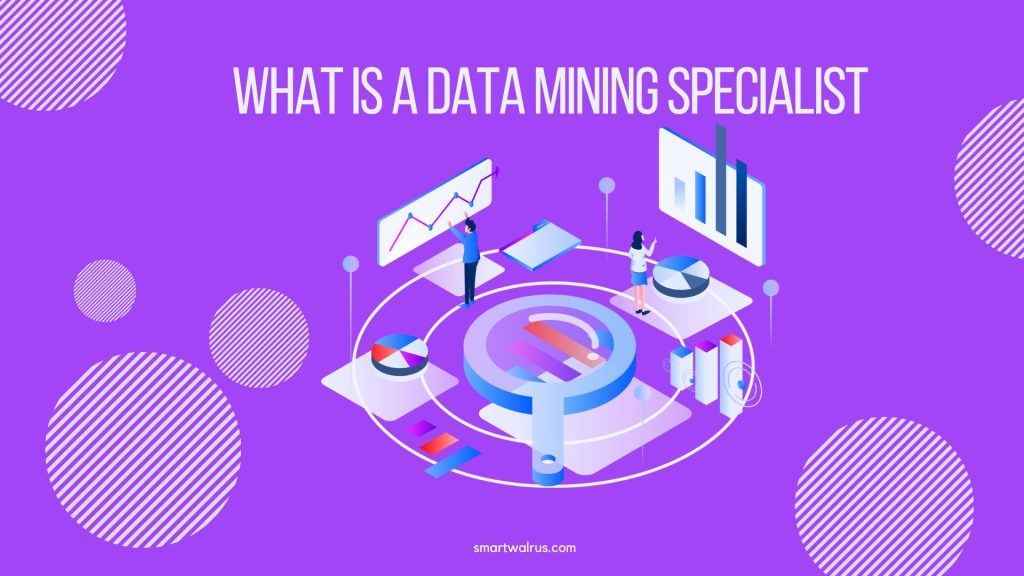
When you have a lot of information it’s easy to lose sight of what it’s telling you. The challenge is finding ways to extract meaningful insights from all that information and make sense of it as efficiently as possible. In this article, we’ll discuss what data mining specialists do and what their roles are.
Data mining basics
The role of a Data Mining Specialist involves leveraging data mining techniques to extract valuable insights from large datasets, ultimately contributing to informed decision-making in various industries.
Data mining is an extensive process that starts with acquiring data, transforming it, and storing it before it is processed for analysis. Data mining helps to find the patterns in data and classify them into categories.
The table below highlights some of the most important aspects you should know about becoming a data mining specialist.
| Aspect | Data Mining Specialist |
|---|---|
| Role Overview | Analyzes large datasets to discover patterns, trends, and insights that can inform business decisions. |
| Responsibilities | Data preprocessing, feature selection, model building, evaluation, and interpretation. |
| Data Analysis | Applies data mining techniques to extract actionable insights from complex data. |
| Domain Expertise | Often possesses knowledge in the specific domain of the data being analyzed. |
| Tool Proficiency | Proficient in data mining tools such as RapidMiner, KNIME, Weka, and programming languages like Python or R. |
| Feature Selection | Identifies relevant features that contribute to predictive models. |
| Model Building | Constructs and trains predictive models using machine learning algorithms. |
| Evaluation | Assesses model performance using metrics like accuracy, precision, recall, etc. |
| Insight Extraction | Derives meaningful insights from data patterns and trends. |
| Communication | Presents findings and insights to non-technical stakeholders in a clear and understandable manner. |
| Business Impact | Influences business decisions and strategy by providing data-driven insights. |
| Continuous Learning | Keeps up-to-date with the latest data mining techniques and technologies. |
| Data Privacy | Ensures compliance with data privacy regulations and ethical considerations. |
| Problem Solving | Addresses complex business problems through data analysis and modeling. |
| Collaboration | Collaborates with domain experts, data engineers, and business analysts. |
| Predictive Analysis | Focuses on building predictive models for future trends and outcomes. |
| Qualifications | Typically holds a degree in data science, statistics, computer science, or a related field. |
| Career Progression | Can progress to roles like Senior Data Mining Specialist, Data Scientist, or Analytics Manager. |
What’s an example of data mining?
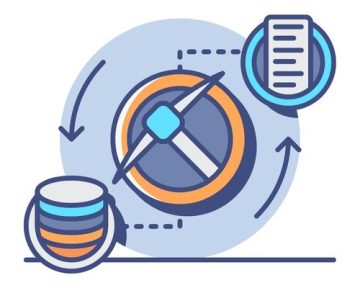
A data mining specialist helps businesses understand their data better. If it’s customer data, this can help target marketing campaigns effectively and reduce costs by streamlining processes.
Companies rely on data mining for many reasons these days; to improve services, to personalize customer experiences, or to target advertising so they can market their products and services more effectively.
Data also enables organizations to better understand how their customers use their products, who their competitors are, and how that might change with a new strategic partnership agreement in the future.
Technology stack for data mining
Data mining is a process that is best suited for large data sets. In order to find insights, you need to have a thorough understanding of the data. A data mining analysis uses various tools, which are collectively referred to as a technology stack. This stack includes data acquisition, data preparation, transformation, analytics, and visualization tools.
Data mining is all about exploring data, so it makes the most sense to start with raw data. Usually, this is stored in some format that isn’t easy to analyze. Data mining tools help to clean and format the data so it is ready to be analyzed. Some of the tasks that happen while importing data into a tool include removing bad data, correcting incorrect information, and standardizing data formats.
Raw data can come from a range of sources, but some of the most common ones are weblogs and data streams. Once the data is in the tool, it needs to be transformed. For example, data typically is stored in a database table, where each record represents a product. The data mining technology stack also includes tools that provide analytics and visualizations to help with the analysis process.
The core function of a data mining specialist
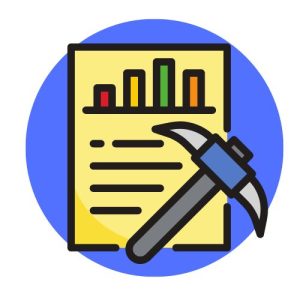
The core function of a data mining specialist is to use statistical and computational techniques to analyze large datasets and extract useful insights and knowledge. This involves identifying patterns, correlations, and relationships in the data, and using these insights to make informed decisions and predictions.
Some of the specific tasks that a data mining specialist might perform include:
- Data collection – Collecting and organizing data from various sources, such as databases, spreadsheets, and text files.
- Preparing and clearing data – Cleaning and preprocessing the data to ensure that it is accurate and consistent.
- Statistical techniques – Using statistical and machine learning techniques to identify patterns and relationships in the data.
- Algorithm implementation – Developing and implementing algorithms and models to analyze the data and make predictions.
- Communication – Communicating the findings to stakeholders, such as managers, executives, or clients, in a clear and understandable way.
- Model evaluation – Continuously monitoring and evaluating the models and algorithms to ensure that they remain accurate and effective.
Overall, a data mining specialist plays a critical role in helping organizations to leverage their data assets to gain insights and make better decisions.
Advantages of using data mining
There are many advantages of using data mining, including the following:
Key skill sets for becoming a data mining specialist
Data mining specialists have a variety of job roles and responsibilities. Here are some key skills that you’ll need to have in order to become a data mining specialist:
How to become a data mining specialist
If you want to become a data mining specialist, you need to have the right technical skills and knowledge to ensure you can get the job done. You’ll also need to demonstrate a certain level of business expertise and be able to communicate your findings effectively with managers and other stakeholders. Here are some steps you can take to achieve your goal:

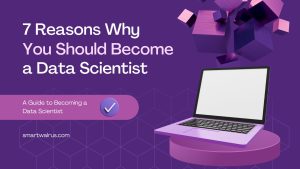
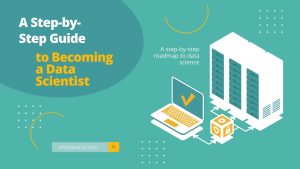
Related Big Data
How Big Data and the Internet of Things (IoT) Are Revolutionizing Industries
13 IoT Uses And Applications for a Connected World
An Overview of Big Data Careers: Make Big Data Your Career
The Pros and Cons of the Internet of Things (IoT)
How Big Data Can Help Your Business Grow
The 5 V’s of Big Data
10 Big Data Companies to Watch in 2024
An Introduction to Apache Hadoop: What Is It and How Can It Help Your Business?